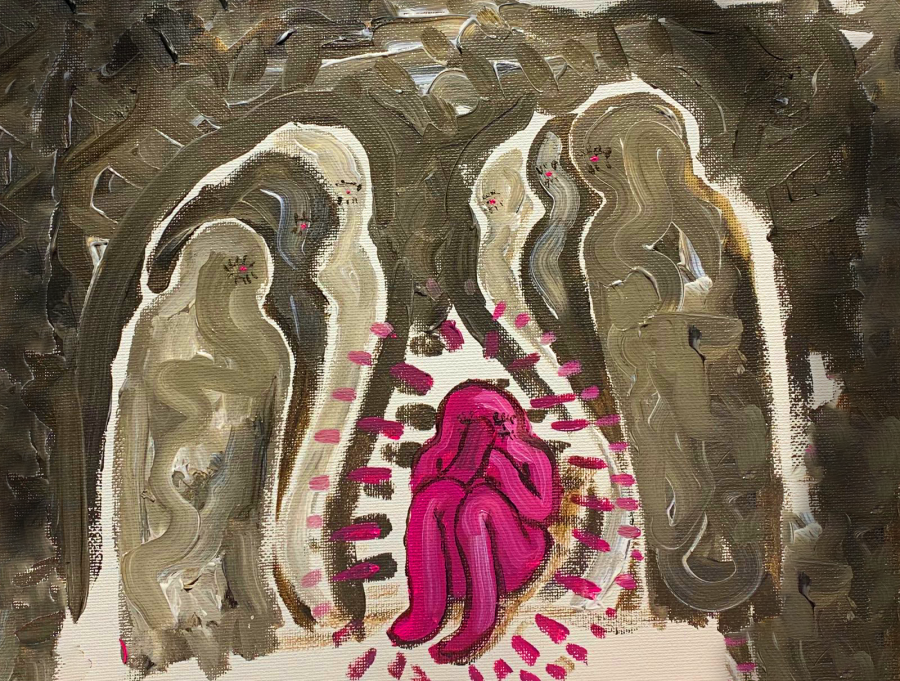Yes, you can prioritize your mental health. But you shouldn’t need me to remind you, nor do you need my permission.
As college students, we somehow manage to attend our classes, go to office hours and study sessions, join organizations and secure internships, all while maintaining a social life somewhere in the mix. With international students and children of immigrants, this superpower also includes managing high expectations, whether self-inflicted or overly emphasized by well-meaning parents who are unable to empathize with the difficult transition we experience.
I am an immigrant with parents who uprooted their lives to give me and my siblings better opportunities, so I know firsthand that the opportunities I have are contingent on the hardships my parents experienced. I know what that kind of pressure to succeed feels like.
While these kinds of sentiments can serve as healthy motivation, they can also become a crippling mental burden when left unattended. We may feel as if we can handle this pressure alone, but our attempts to stay upright are futile if we don’t establish a support system for the times when we’re overwhelmed by factors outside of our control. The UT Counseling and Mental Health Center can serve this purpose.
“The mental health center’s one-on-one appointment is really useful for unloading every stress I feel backed up in my mind,” said Vira Wiguna, a business freshman and an international student. “It really helps to have someone just listen to your troubles, even for just one hour. I found out about it during orientation, but I never thought about reaching out until I had to call the (Behavior Concerns Advice Line) and do a follow-up.”
It is not uncommon for minority students to feel as if these resources aren’t made for them, and this concern is valid given the cultural stigma associated with mental health in some communities. Another alienating factor can be unfamiliarity with the kinds of services CMHC offers.
Marla Craig, senior associate director for clinical services at CMHC, said they are constantly working to offset some of these barriers by increasing visibility and accessibility to students with marginalized identities. In addition to collaborating with First-Year Interest Groups and resident assistants, CMHC also provides a counselor that acts as a liaison with the Multicultural Engagement Center and operates the Counselors in Academic Residence program (CARE), which places counselors in every college.
“A student can call and talk to a counselor right away,” Craig said. “We have a team of counselors who not only provide counseling services, but they are also all across campus.”
The CMHC website allows you to schedule appointments, find locations for walk-ins and speak on the phone to readily available counselors. Students can also call CMHC at (512) 471-3515.
You don’t have to wait to seek services and support. The start of a new semester is the perfect time to remember that, despite the pressures we may feel, we all have limits, and those limits indicate personal needs.
Mental health was never a dinner table conversation in my family, and, even now, it is sometimes difficult for me to find the language to talk about it. Although I learned about CMHC during orientation, I felt as if I would be expected to come in already knowing what I wanted to get out of their services. While this initially pushed me away, I’ve become more familiar with the resources they offer, which has helped relieve some of that initial disconnect.
It’s shown me that mental well-being deserves a place at the top of my to-do list. It should be at the top of yours too.
Sailale is an undeclared PACE student from Dallas.





















